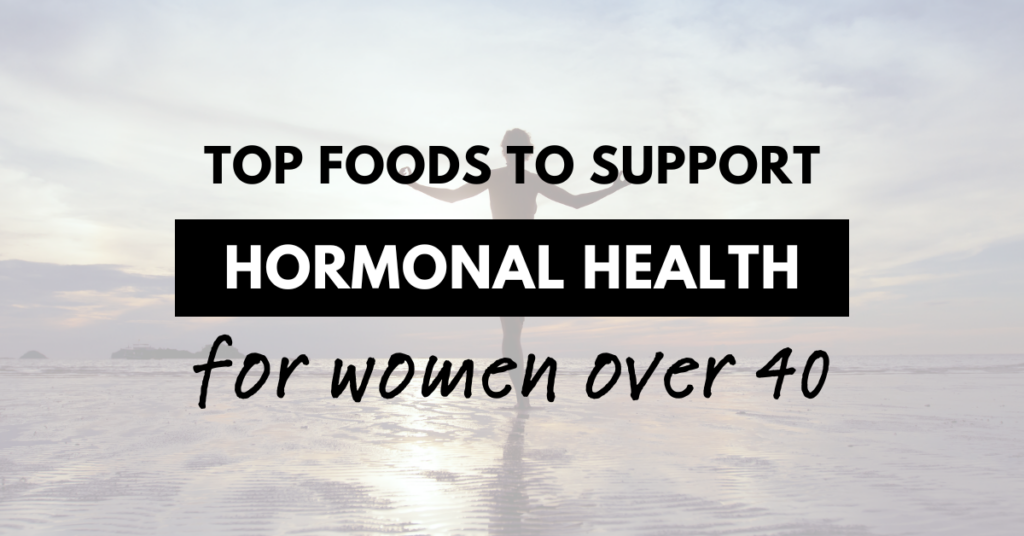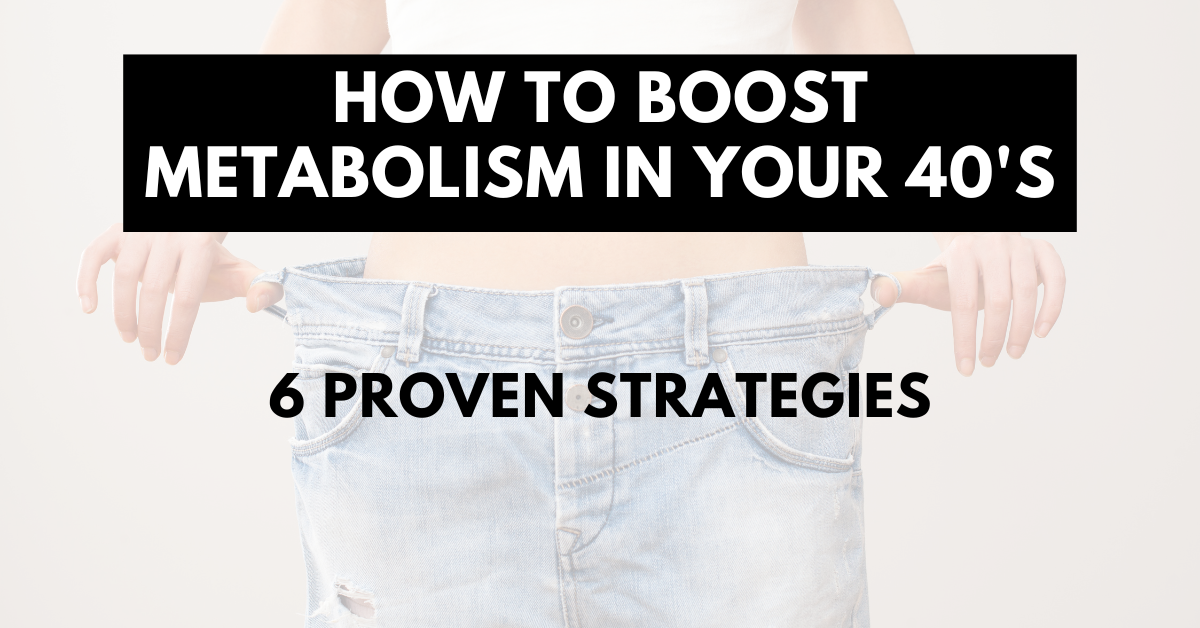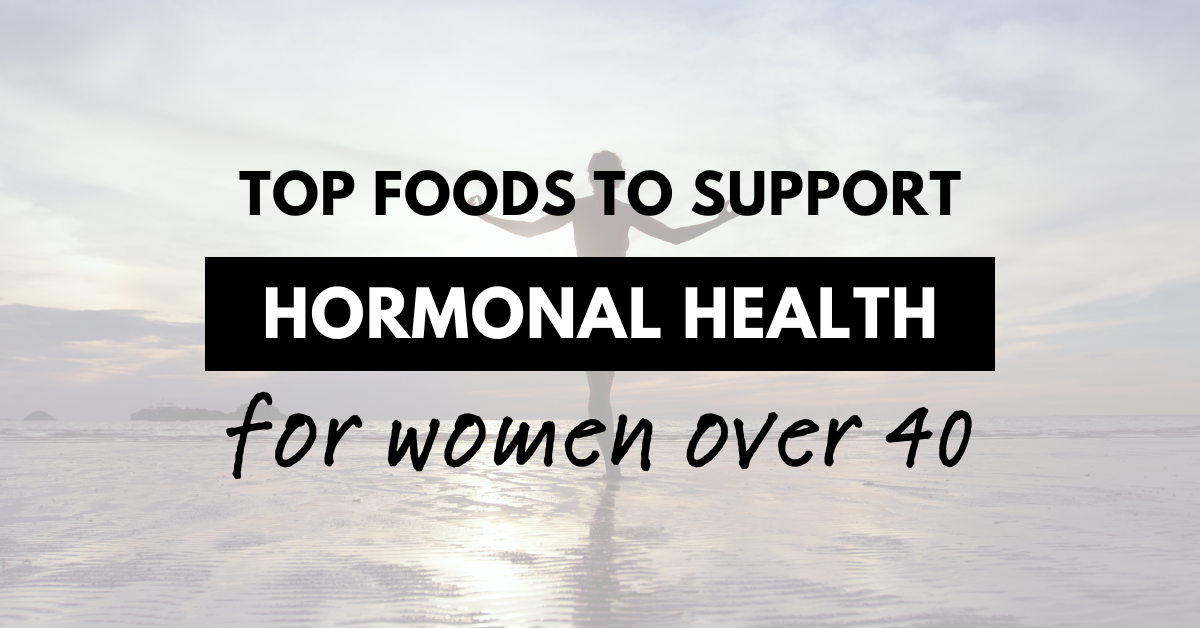As women move into their 40s, hormonal changes become a central part of health and well-being. These changes, including shifts in estrogen, progesterone, and other key hormones, can lead to symptoms like weight gain, fatigue, mood swings, and disrupted sleep. However, nutrition is a powerful ally in maintaining hormonal balance and overall vitality. By focusing on nutrient-dense foods that support the body’s natural processes, you can promote a smoother hormonal transition and enhance your quality of life.
Here’s a deep dive into the top foods that can help support hormonal health for women over 40:
1. Cruciferous vegetables
Cruciferous vegetables, such as broccoli, kale, Brussels sprouts, and cauliflower, are rich in compounds like indole-3-carbinol and sulforaphane. These compounds assist the liver in metabolizing and detoxifying excess estrogen, helping to maintain a healthy hormonal balance.
Here’s how to include them:
- Add steamed broccoli to your lunch or dinner.
- Blend kale into a morning smoothie with berries and almond milk.
- Roast Brussels sprouts with olive oil and garlic for a delicious side dish.
2. Flaxseeds
Flaxseeds are a rich source of lignans, which have estrogen-balancing properties. They’re also high in omega-3 fatty acids, which reduce inflammation and support overall hormonal health.
How to include them:
- Sprinkle ground flaxseeds over oatmeal or yogurt.
- Mix them into smoothies or baked goods like muffins.
- Add them to homemade salad dressings for a nutty flavor.
3. Fatty Fish
Fatty fish such as salmon, mackerel, and sardines are excellent sources of omega-3 fatty acids. Omega-3s play a crucial role in reducing inflammation, improving mood, and supporting brain health—all of which are influenced by hormones.
How to include them:
- Enjoy grilled or baked salmon as a main dish.
- Add canned sardines to salads or whole-grain toast.
- Make a hearty fish stew with mackerel and seasonal vegetables.
4. Avocado
Avocados are a powerhouse of healthy fats, including monounsaturated fats, which are essential for hormone production. They also provide fiber, potassium, and magnesium—key nutrients for stress regulation and overall hormonal support.
How to include them:
- Mash avocado on whole-grain toast and top with a sprinkle of sea salt.
- Blend into smoothies for a creamy texture.
- Add diced avocado to salads, tacos, or grain bowls.
5. Berries
Berries, including blueberries, raspberries, and strawberries, are loaded with antioxidants, which help combat oxidative stress. Oxidative stress can disrupt hormone production and worsen symptoms of hormonal imbalance.
How to include them:
- Toss a handful of berries into your morning cereal or yogurt.
- Blend them into smoothies with leafy greens and flaxseeds.
- Use fresh berries as a natural sweetener for desserts.
6. Leafy greens
Leafy greens like spinach, Swiss chard, and arugula are rich in magnesium, a mineral that plays a vital role in regulating cortisol (the stress hormone) and improving sleep quality.
How to include them:
- Sauté spinach with garlic and olive oil as a side dish.
- Add Swiss chard to soups and stews.
- Use arugula as the base for salads topped with nuts and lean protein.
7. Nuts and seeds
Nuts and seeds, such as almonds, walnuts, pumpkin seeds, and sunflower seeds, are nutrient-dense and provide essential fatty acids, magnesium, zinc, and selenium. These nutrients support adrenal health, hormone production, and thyroid function.
How to include them:
- Snack on a handful of mixed nuts during the day.
- Sprinkle pumpkin seeds over soups or salads.
- Make a trail mix with dried fruit, nuts, and dark chocolate for a healthy treat.
8. Fermented foods
Gut health is closely tied to hormonal health, as the gut microbiome influences hormone metabolism. Fermented foods like yogurt, kimchi, sauerkraut, and kefir contain probiotics that support a healthy gut microbiome.
How to include them:
- Add a scoop of sauerkraut to your plate as a condiment.
- Enjoy a cup of plain, unsweetened yogurt topped with fresh fruit.
- Mix kimchi into stir-fries or grain bowls for a tangy kick.
9. Whole grains
Whole grains such as quinoa, brown rice, oats, and farro provide fiber, which helps stabilize blood sugar levels. Balanced blood sugar is essential for hormonal health, as spikes and crashes in glucose can disrupt hormone regulation.
How to include them:
- Start your day with a bowl of oatmeal topped with flaxseeds and berries.
- Use quinoa as a base for salads or side dishes.
- Substitute whole-grain options for white rice or pasta.
10. Herbs and spices
Certain herbs and spices, like turmeric, ginger, and cinnamon, have anti-inflammatory properties that support hormonal balance. Cinnamon, for instance, helps regulate blood sugar levels, while turmeric and ginger reduce inflammation and support liver function.
How to include them:
- Add a pinch of cinnamon to coffee, tea, or oatmeal.
- Use fresh ginger in smoothies, stir-fries, or teas.
- Incorporate turmeric into curries, soups, or roasted vegetables.
11. Eggs
Eggs are an excellent source of high-quality protein and contain choline, a nutrient essential for brain health and hormone production. The yolk also provides healthy fats and vitamin D, which supports bone health and mood regulation.
How to include them:
- Start your day with a veggie-packed omelet.
- Hard-boil eggs for an on-the-go snack.
- Use eggs as a base for baked dishes like frittatas or quiches.
12. Dark chocolate
Dark chocolate (70% cacao or higher) contains magnesium, iron, and antioxidants. Magnesium, in particular, helps combat stress and supports better sleep, both of which are critical for hormonal health.
How to include it:
- Enjoy a small piece of dark chocolate as an evening treat.
- Use cacao powder in smoothies or homemade energy bites.
- Make a healthy hot chocolate with unsweetened almond milk and cacao powder.
13. Green tea
Green tea is rich in catechins, powerful antioxidants that support metabolism and liver detoxification. It also contains theanine, an amino acid that promotes relaxation without causing drowsiness.
How to include it:
- Replace your morning coffee with a cup of green tea.
- Brew iced green tea with a squeeze of lemon for a refreshing drink.
- Add matcha powder to smoothies or lattes.
Final thoughts
Balancing hormones after 40 doesn’t have to be overwhelming. Incorporating these nutrient-dense, whole foods into your diet can make a significant difference in how you feel and function. Pairing these foods with regular physical activity, stress management practices, and sufficient sleep will amplify the benefits, helping you navigate this life stage with energy and confidence. By nourishing your body with intention, you can take control of your hormonal health and embrace your 40s and beyond with vitality.







